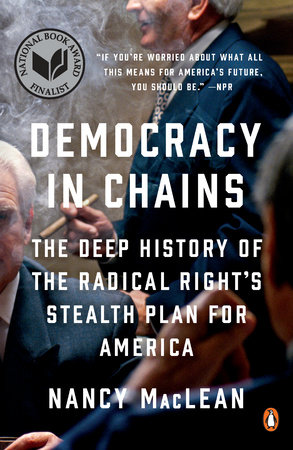By Leland Ware
Brett Kavanaugh,
President Trump's nominee to replace Justice Anthony Kennedy on the Supreme
Court, is currently a judge on the D.C. Court of Appeals. If confirmed he would
have the second most conservative score on the bench next to Justice Clarence
Thomas according to a measure that scores judges on a liberal-conservative
spectrum. Kavanaugh would join John Roberts, Samuel Alito andNeil Gorsuch to
form a solidly conservative majority.
An immediate concern is
whether he would vote to uphold U.S. v.
Nixon. In a unanimous 8-0 decision, the Court rejected President Richard Nixon’s
efforts to disobey a subpoena issued during the Watergate investigation.
“Neither the doctrine of separation of powers nor the generalized need for
confidentiality of high-level communications…can sustain an absolute,
unqualified presidential privilege of immunity from judicial process under all
circumstances,” Judge Kavanaugh has stated a different interpretation of those
events. In a 1999 interview, he argued that the landmark Watergate tapes case may
have been “wrongly decided” due to the “tension of the time.”
In a 2009 Minnesota
Law Review article Kavanaugh wrote that Congress should, by statute,
provide that a sitting president could neither be sued, indicted, tried,
investigated or even questioned by prosecutors while in office. “Having seen
first-hand how complex and difficult that job is, I believe it vital that the
president be able to focus on his never-ending tasks with as few distractions
as possible,” he wrote. “The country wants the president to be ‘one of us’ who
bears the same responsibilities of citizenship that all share. But I believe
that the president should be excused from some of the burdens of ordinary
citizenship while serving in office.”
In a recent case Kavanaugh was part of an
appellate panel that found the structure of the Consumer Financial Protection
Bureau to be unconstitutional. Kavanaugh reasoned the Constitution gives all
“executive” power to the president. Independent agencies such as the CFPB, he
wrote, are “a headless fourth branch of the U.S. Government” that pose “a
significant threat to individual liberty and to the constitutional system of
separation of powers.”
Kavanaugh relied on Justice Antonin Scalia’s
dissent in Morrison v. Olson, the 1985 Supreme Court ruling that
upheld the constitutionality of the Independent Counsel Act. Scalia’s dissent
in Morrison explained what
is known as the “unitary executive theory,” which holds that the president has almost
unchallenged powers over the executive branch and its functions.
George W. Bush relied on that theory to justify
warrantless eavesdropping on American citizens' phone calls and emails, despite
a statute banning the practice, and to override the Detainee Treatment Act of
2005, with its absolute prohibition on "cruel, inhuman, or degrading
treatment or punishment” of prisoners such as “waterboarding” and torture.
There is no reason to believe that, on issues ranging from health care to consumer and labor rights to the Second Amendment, Kavanaugh’s votes and opinions will be anything but conservative, much more so than Anthony Kennedy’s. It is easy to understand why Trump wants him on the Court.
There is no reason to believe that, on issues ranging from health care to consumer and labor rights to the Second Amendment, Kavanaugh’s votes and opinions will be anything but conservative, much more so than Anthony Kennedy’s. It is easy to understand why Trump wants him on the Court.
Leland Ware is the Louis L. Redding Chair and
Professor of Law at the University of Delaware.



